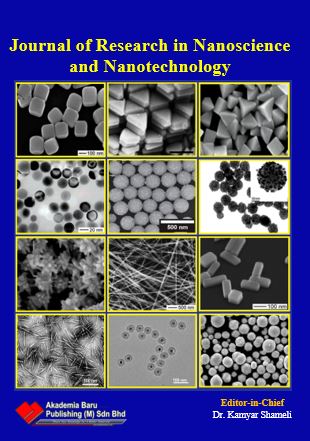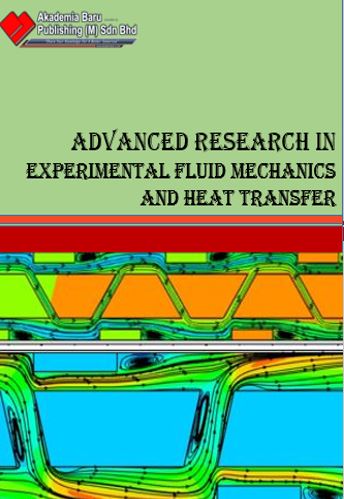Numerical Study Of Flow In Asymmetric 2D Plane Diffusers With Different Inlet Channel Lengths
Keywords:
Asymmetric 2D plane diffuser, turbulence models, different inlet channel lengthsAbstract
In this paper, flow in asymmetric 2D diffusers with different inlet channel lengths (Model 1 and Model 2) by using various turbulence models (k-epsilon, k-omega and SST k-omega) was studied, and the trends in the two different inlet channel lengths were compared. In order to study separation and assess the effectiveness and consistency of different CFD turbulence models, primarily two models of asymmetric 2D diffusers were designed accordingly. The trend of the velocity profiles for the two models followed that of the experiment. The turbulence models used k-omega and SST k-omega for both models have shown separation of boundary layer is more significant in stations x/H = 14, and x/H = 24. Also, in station x/H = 34 where flow is fully developed, the standard k-epsilon turbulence model shows better performance as compared to other turbulence models. Moreover, separation was under predicted by k-omega and SST k-omega in model 2 due to sudden decrease in flow velocity because of its shorter inlet channel length as compared to model 1. The different turbulence models for the two models can be represented in terms of decreasing order of Y+ values as follows: k-epsilon > SST k-omega > k-omega.





